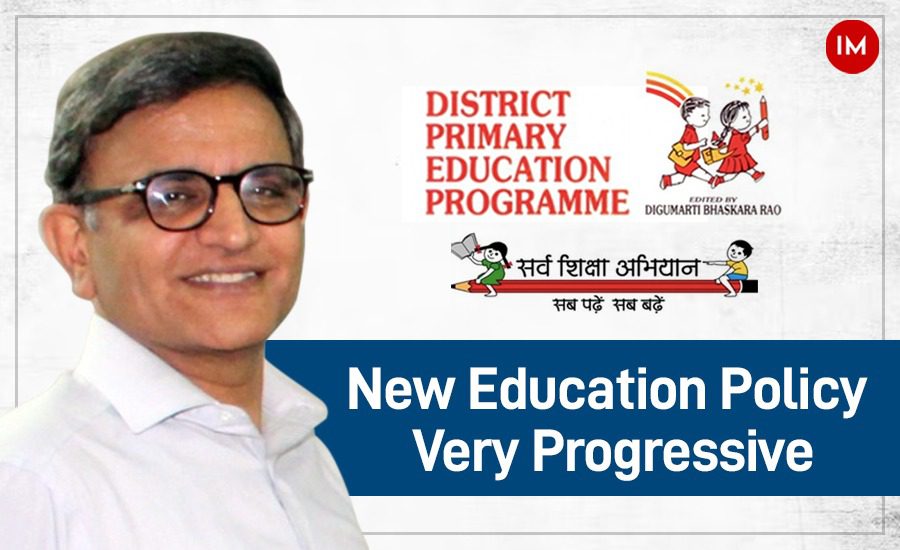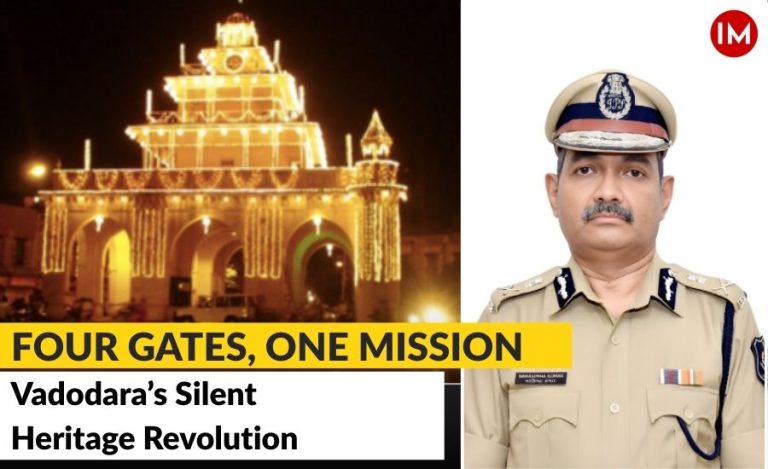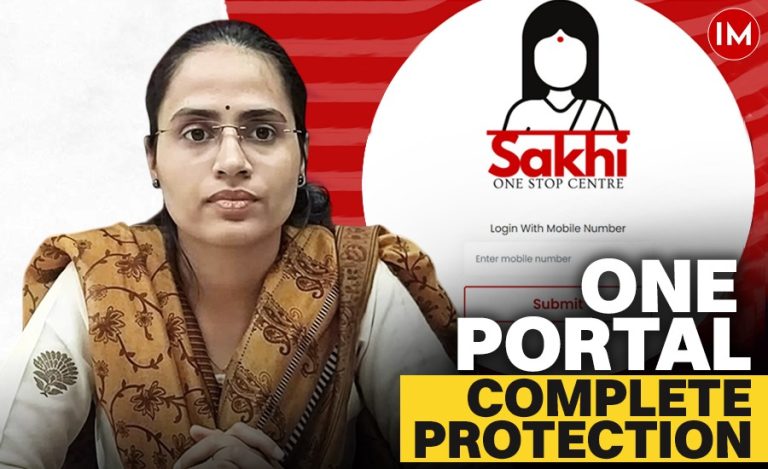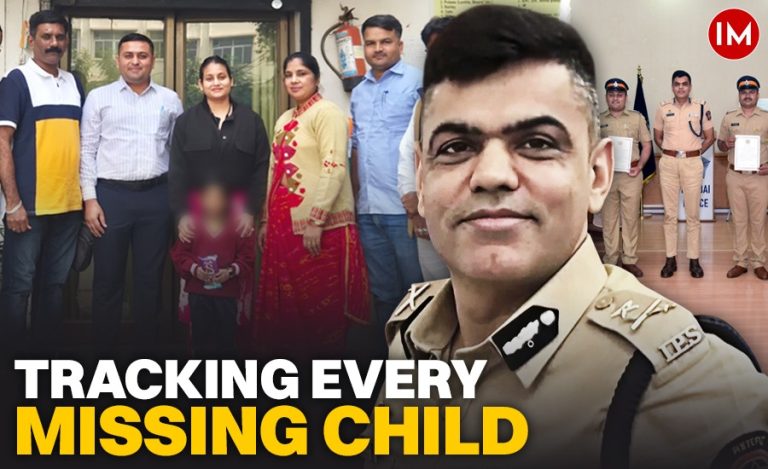From the time India got Independence till now, the country’s education policy and system have evolved a lot. However, there are many fronts on which our system hasn’t proved to be robust. One thing is clear that if India aspires to be the world economic power in the next decade, then education is the only way to achieve it.
The New Education Policy (NEP) and the New Curriculum Framework (NCF) are the steps towards it. Yet there are many challenges ahead. Former IAS officer and the Founder of Language Learning Foundation, Mr. Dhir Jhingran, who played vital role in the formulation of Sarva Shiksha Abhiyan and is involved in NEP, highlighted the challenges for India in the education sector.
HOW SUCCESSFUL WAS SARVA SHIKSHA ABHIYAAN
Operational since 2000-2001, this campaign focused on primary education. It was a multi-faceted programme that played a great role in filling up the gap in universalisation of elementary education in the country. The components of this campaign has now been merged in the Samagra Shiksha Abhiyaan (SSA) which involves both primary and secondary education.
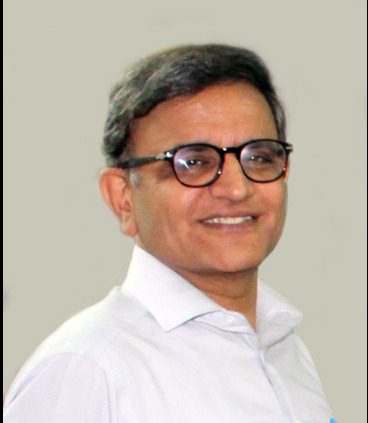
Mr. Jhingran who took VRS in 2012 has a great experience in working for the education sector. He was posted in the HRD ministry during the formulation of the Sarva Shiksha Abhiyaan and was appointed as its nodal officer. When asked about the success of this campaign, he said, “The programme was successful as it helped many states to build infrastructure. It helped the states in getting the funding for teacher’s training programme, good text books and additional teachers. It also succeeded in bringing children to enroll in schools.”
HISTORY OF SARVA SHIKSHA ABHIYAAN
Sarva Shiksha Abhiyaan’s roots goes back to the District Primary Education Programme (DPEP) was launched in 1993-34 and around 18 states were covered in its various phases. Later on, this programme was converted to SSA and was implemented in all over the country. Mr. Jhingran also worked as a project director of DPEP in his cadre, Assam. He said that SSA co-opted most of the policies of DPEP with a focus to ensure primary education to each child, while improving learning and the infrastructure.
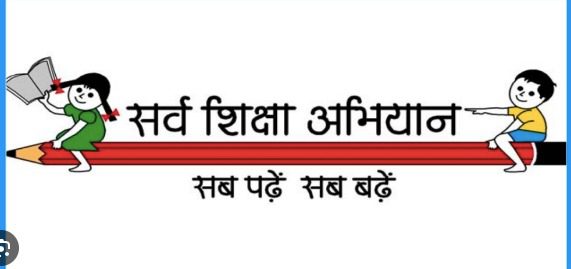
NEW EDUCATION POLICY
Sarva Shiksha Abhiyaan was largely successful but there remained some unfinished agenda. There was a lack of focus on learning. Mr. Jhingran said that the quality and availability of teachers remain a big challenge. “Accountability of schools for children’s learning is still lacking. Teacher’s understanding on how to teach basics are missing. The method of teaching in primary and foundational learning also needs a change,” he said while highlighting some of the major challenges.
There have always been talks about the need to improve creativity and discovery. But, for the first time it has been included in a policy now. Mr. Jhingran said that the focus on mother tongue for teaching, vocational education since the beginning, and allowing the mix of streams (science and humanities together in secondary education), makes the NEP very progressive. He emphasized that if implemented well, the NEP can bring transformative changes in the Indian education system.

